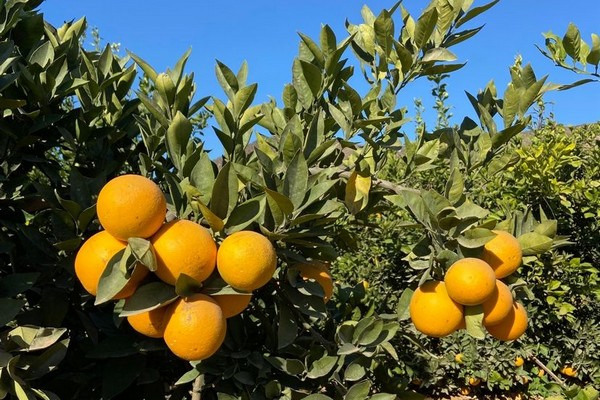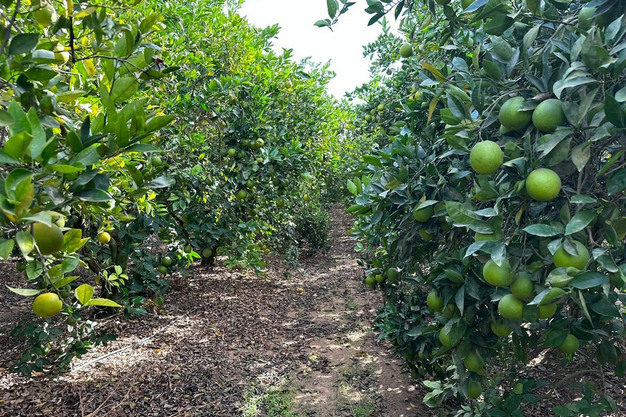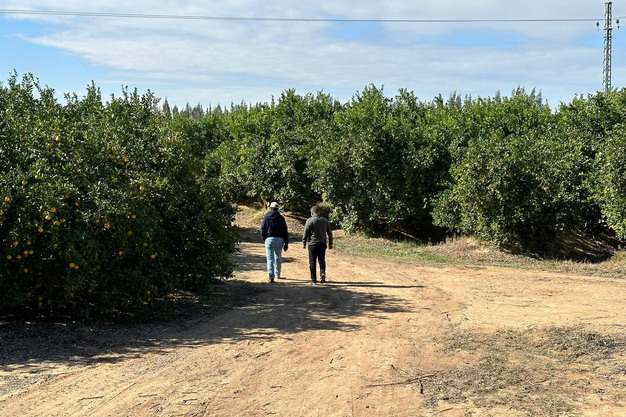With the citrus season in full swing, many operators in the sector are noticing some sluggishness in the demand, and are waiting expectantly to see how the market will respond to the arrival of the first volumes of Egyptian citrus, mostly oranges, many of which are already traveling by sea to European ports.
"We don't yet have a clear idea of what will happen in the coming months. As far as the Spanish production is concerned, there is a sufficient volume of oranges to meet the current demand and there are plenty of small sizes, but the market appears to be at a standstill. And Spanish fruit isn't the only one affected by this, as apart from the companies that work with the retail and are delivering the volumes agreed in their programs, the rest are finding it difficult to sell oranges from Spain, Morocco, or other origins," says an operator in the sector.

"Normally, when things are not working out in the market, we all look for an excuse. Some have already wondered whether it could be due to the condition of the fruit because of the rains, the lack of cold, or the Christmas holidays, but whatever the reason, we are seeing a lower demand than we were expecting," he says.
"The export of Egyptian oranges started on December 1, although the majority of exporters didn't start shipping fruit until the 7th or 8th. When this fruit reaches the markets, we will see how they respond, and whether all this supply can be absorbed. I have heard that this year, many exporters in Egypt are very keen to export to distant destinations outside Europe, especially Brazil and Canada. With regard to Asia, we see that, despite the constraints in the Red Sea, goods are still being shipped, and there is also a lot of optimism about shipments to Brazil and other Latin American countries, such as Argentina. In fact, many shipments have already been made to these two countries, although they still need to arrive, as they are traveling by sea, and we will also have to wait and see how the market absorbs these volumes," says the operator.

"Egypt has managed to grow as a producer, transforming the desert into arable land, and at the commercial level, exporters are working very hard each year in a more professional manner. However, they are still using mass mailing to offer their fruit and are constantly cutting their prices, and behind many of the country's plantations there are large investment groups for whom exports are just a way of obtaining foreign currency in euros or dollars, so they are causing prices to fall in the export market," he says.
"For now, there is great uncertainty in the market. Last year, the situation was very good and some people brought Egyptian Navel to Spain, excited by the results achieved two seasons ago, but I don't think this year will be interesting. Last year wasn't, and this year is even more unlikely to be," says the operator. "In any case, Egypt is focused on the production of Valencia oranges, and we are going to have to take this into account because they have greater volumes every year and Spain can't compete with them either in terms of price or labor. In fact, not even Morocco can anymore."

"New concentrate factories are quickly being built in Egypt to respond to the situation in Brazil and Florida"
"We may see another significant change in the 2026 season, as the supply of Valencia oranges for processing will probably decrease," says the trader. "In the past, large volumes of oranges were imported from Egypt in bins for the concentrate factories, which received thousands of containers a year."
"But responding to the situation in Brazil and Florida, where the orange production is falling due to HLB and the production of orange juice and concentrate is also down, seven new factories for orange concentrate production are being built in Egypt at the moment. This year we won't notice it, but we must bear in mind that in the next few years, a large part of the fruit that used to be delivered to European processors will stay in its own country," he says.










